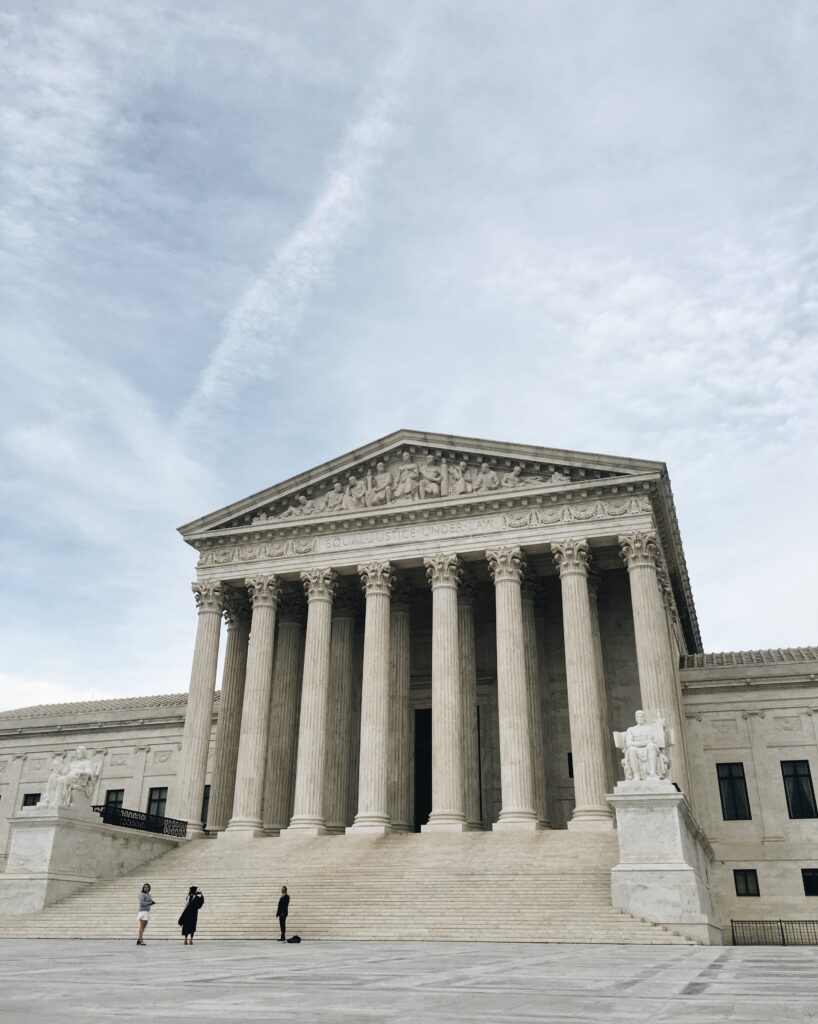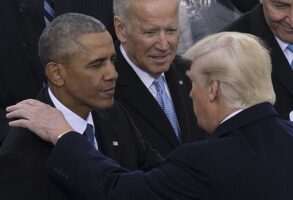
Published October 6, 2022
Harvard Journal of Law & Public Policy Per Curiam
With Kennedy v. Bremerton School District, the Supreme Court finally drove the last nail in the coffin of the Lemon test for Establishment Clause violations (as Justice Scalia said it should do years ago). Over several decades, the Lemon test’s importance had dwindled to the point of having been de facto reversed. But the Court’s hesitance to explicitly overturn that precedent had allowed lower courts to continue drawing on it, as recently as in a case that reached the Court this term, Shurtleff v. Boston (which asked whether displaying a “Christian flag” on public grounds in Boston violated the Establishment Clause).
Justice Gorsuch suggests in his opinion for the Court that Bremerton’s reversal of Lemon should come as no surprise, since the Court “long ago abandoned Lemon and its offshoot[s].” But what Establishment Clause principles was Lemon originally trying to serve? And did those overarching principles have a complement in the Court’s free exercise jurisprudence of the same period? After all, as Gorsuch’s opinion emphasized, a “natural reading” of the First Amendment’s clauses is that they “have ‘complementary’ purposes, not warring ones where one Clause is always sure to prevail[.]” One aspect of the two Clauses’ parallel roles has received little attention: how they bear on a challenged law’s incidental effects on religion—that is, on the ways a law can either benefit or burden religion as a side effect of pursuing some other, religion-neutral goal…
Picture from Unsplash
Gabrielle M. Girgis, Ph.D., is a Postdoctoral Fellow at the Ethics and Public Policy Center.





